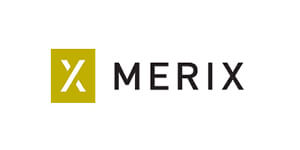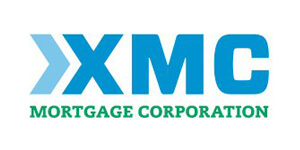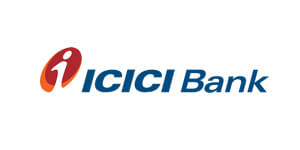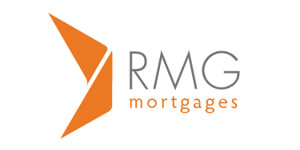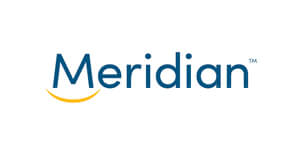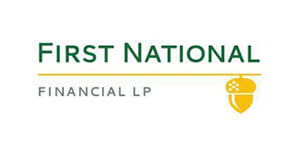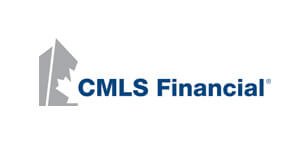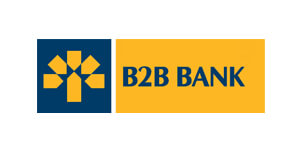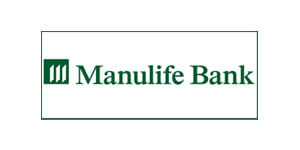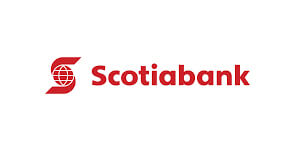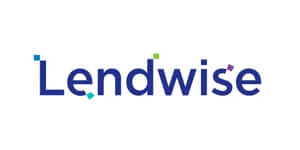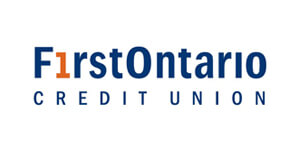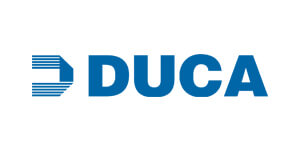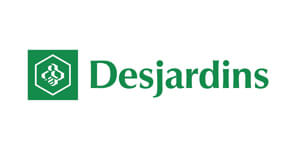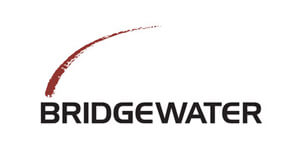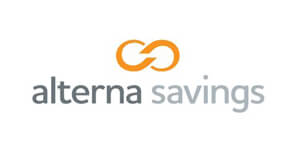First Time Home Buyer Mortgage

Home ownership can be very exciting, as well as a roller coaster experience if you lack complete information beforehand. Mortgage is one of most critical items in your home buying process and having dedicated team of seasoned Mortgage professionals standing with you, is always a big advantage. Giving clarity to our clients is a top priority for us hence listing down some key points for you to know for buying your first home. At Mortgage Diligent, we take pride in helping our clients not only with mortgage but also with end-to-end support till the successful closing.
Mortgage Qualification:
Knowing your approximate mortgage approval limit, key qualification criteria, potential issues in your application (if any) and required documents, always help you to plan head of the game. Knowing what you qualify for, also helps you to decide the home price to look for, down payment needed, and estimated closing cost etc. At Mortgage Diligent, we will walk you through step-by-step process to achieve your home buying goal. Mortgage pre-approval is the best way to start your home buying journey.
Down payment:
Next big item in your home buying is your down payment. In Ontario, you must put a certain amount of money toward the home purchase, upfront. This is called a down payment. Your mortgage loan will cover the rest of the price. Below are the down payment calculations depending on price of the home.
| Home Price | Minimum Down payment |
|---|---|
| $500,000 or less | 5% of the purchase price |
| $500,000 to $999,999 | 5% of the first $500,000 of the purchase price 10% for the portion of the purchase price above $500,000 |
| $1 million or more | 20% of the purchase price |
Sources of Down payments:
Personal Savings:
If the funds are coming from your savings, you will need to provide a 90-day history of bank statements.
Saving for Payroll and Bonus (during the 90 days period):
If your closing date in 3 months from now, you may show savings from payroll from coming 3 months. You can also show Bonus (if you are expected to get paid with next 90 days). Payroll and Bonus pays must be proved paystubs and bonus letter respectively.
Saving with a Tax-Free Savings Account (TFSA):
TFSA is an account that lets you save or invest your money tax-free. You won’t pay tax on money you withdraw from your TFSA. You can also use your TFSA to help you buy a home.
RRSP-The Home Buyers’ Plan (HBP):
If you’re a first-time homebuyer, the HBP allows you to withdraw up to $35,000 from your RRSPs tax-free to put toward buying your first home.
Sell of liquid Assets:
You can sell Stocks and Bond you owned to contribute towards your down payment
Gift Money:
Homebuyers can get down payment help gifted to them by a parent or other blood relative. You’ll need to provide a letter signed by your parent or relative outlining that you aren’t required to pay the money back.
Mortgage Loan Insurance
If your down payment is less than 20% of the price of your home, you must buy mortgage loan insurance. Mortgage loan insurance protects the mortgage lender (yes, you read it right, it protects lender and not you) in case you can’t make your mortgage payments. It doesn’t protect you. Mortgage loan insurance is also sometimes called Mortgage Default Insurance. Your lender coordinates getting mortgage loan insurance on your behalf if you need it. You can pay your premium by adding it to your mortgage or with a lump sum up front.
Cost of mortgage loan insurance
The fee you pay for mortgage loan insurance is called a premium. Mortgage loan insurance premiums range from 2.4% to 4.0% of the amount of your mortgage. Your premium depends on the amount of your down payment. The bigger your down payment, the less you pay in mortgage loan insurance premiums. Below are the Insurance companies available for.
- Canada Mortgage and Housing Corporation (CMHC)
- Sagen
- Canada Guaranty Mortgage Insurance Company
Closing costs:
There are additional costs that come with buying a home, so you’ll need to have some extra funds set aside to cover these costs. Generally, you can expect to pay approximately 1.5% of the home’s buying price in total closing costs. Many homebuyers often reflect that they weren’t prepared for these costs and that’s why we make sure you fully understand all the costs associated with buying your first home.
| Additional Upfront Cost | Approximate Cost |
|---|---|
| Home inspection and appraisal fees | $500-600 |
| Title insurance costs | Based on value of property |
| land registration fees | Based on value of property |
| prepaid property taxes or utility bills (the buyer reimburses the seller or builder) | Specific to your situation |
| Legal or notary fees | Based on value of property (~$2K for ~$1M home) |
| Moving costs | Specific to your situation, distance, and goods |
| GST/HST/QST on a newly built house | Based on value of property |
Find out what your HOME is WORTH for FREE
How much is my HOME WORTH?
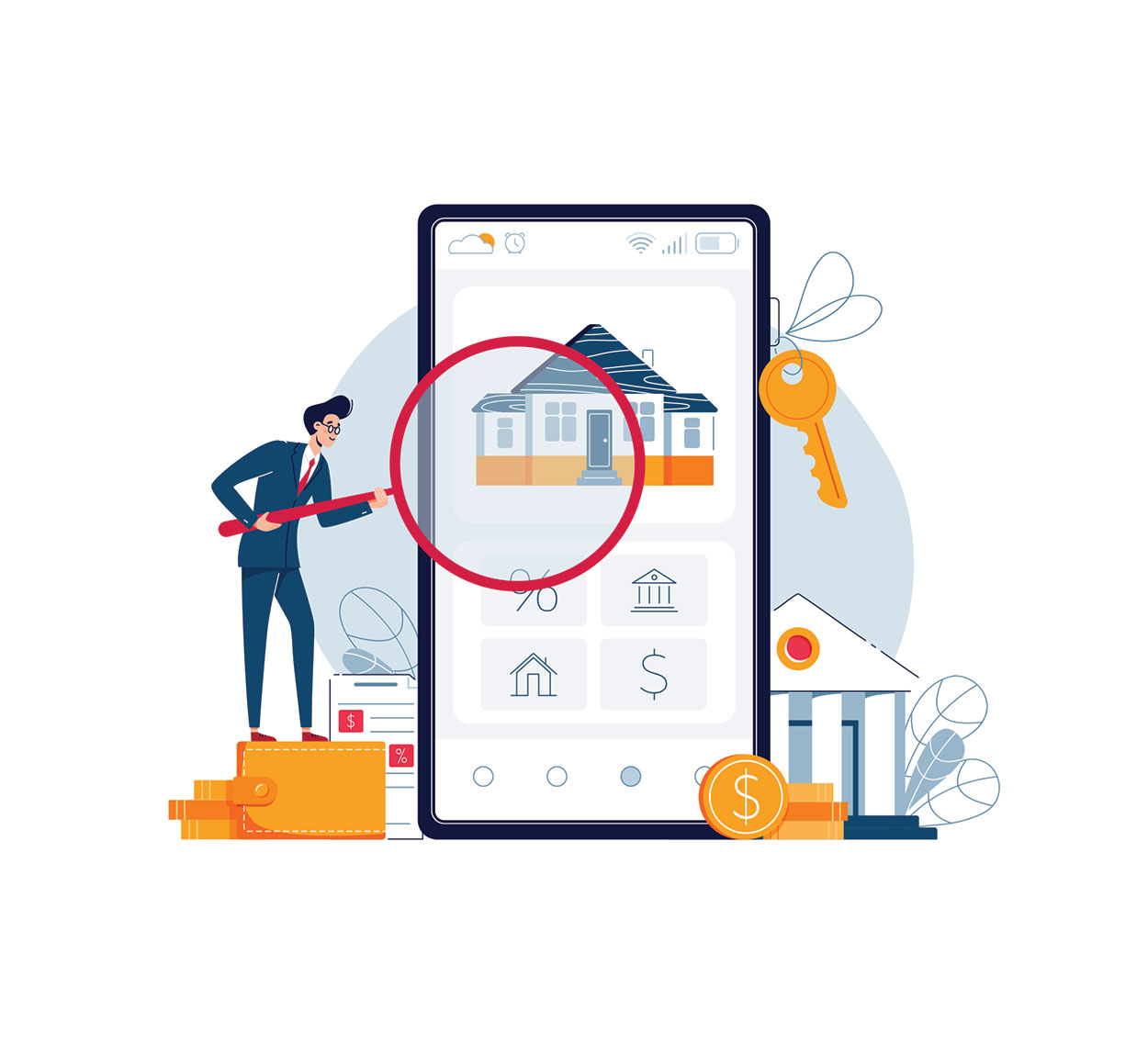
Our Lenders
